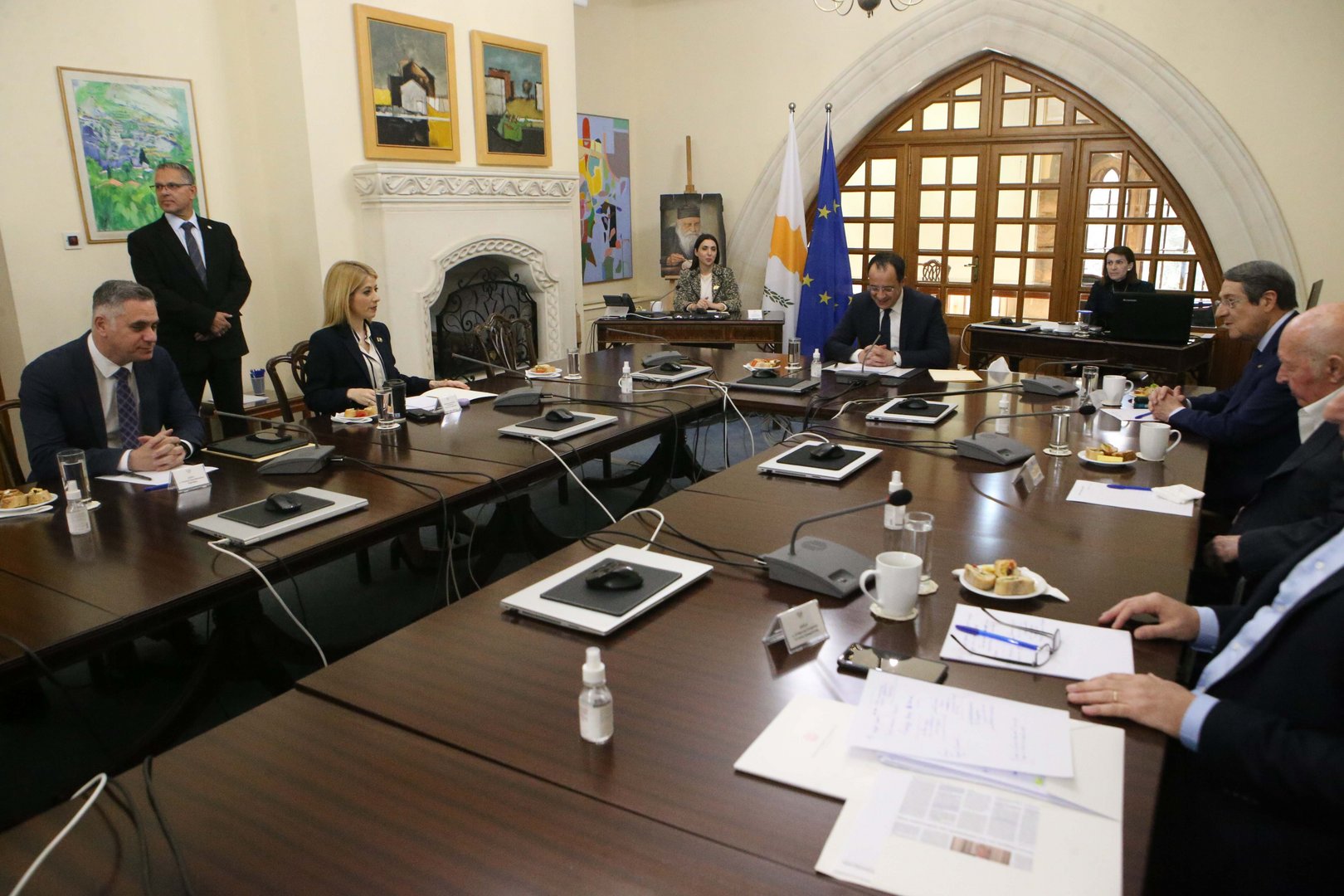The first national council meeting under President Nikos Christodoulides was held on Thursday and, as per usual, it did not amount to very much. It was a ‘get to know you’ meeting at which the president briefed party leaders about his contacts in Brussels and his efforts to secure a more active involvement of the EU in the Cyprus problem negotiations, efforts that were not as successful as had been expected.
The meeting went smoothly as there was nothing to bicker about – there is no peace process and no sign of movement in the immediate future. As everyone seems to agree, there will be no indication of what will happen, if anything, until after the May 14 presidential elections in Turkey. It is entirely possible the man who wins the election would stick to the position on two states, thus ensuring no new initiative.
There was some debate, with Akel quite rightly pointing out that the president’s idea of using the EU-Turkey relations as an incentive for Turkey to agree to the resumption of the talks was a non-starter. This would require the agreement of all member-states, which would never happen. As an alternative, it proposed the use of energy in the region as a way of persuading Turkey to engage in a new peace process.
This had also been the line of the former leader of Disy, Averof Neophytou, but was opposed by Nicos Anastasiades, who, reportedly, repeated his objection at Thursday’s meeting. New Disy chief Annita Demetriou also saw Akel’s proposal positively. This was more of a theoretical discussion, even though it questioned the main premise of Christodoulides’ policy. This policy has already become unstuck, with the president’s idea of an EU envoy to talks not looking very likely. The government spokesman said the appointment of an envoy was not a ‘must’ for the resumption of the talks, indicating that Brussels had not been very keen on the idea.
Christodoulides also informed the meeting of his plan to set up a ‘national security council’ which would submit proposals to the cabinet and act as an advisory body to the national council. Perhaps it would have more of a say on issues than similar bodies set up by Anastasiades during his presidency, on economic and strategic issues – bodies that were never listened to by the president. Too many committees and councils are not a good sign, even though their establishment is the president’s prerogative.
Perhaps the next time the national council meets, it will have before it proposals by the national security council to argue about.







Click here to change your cookie preferences